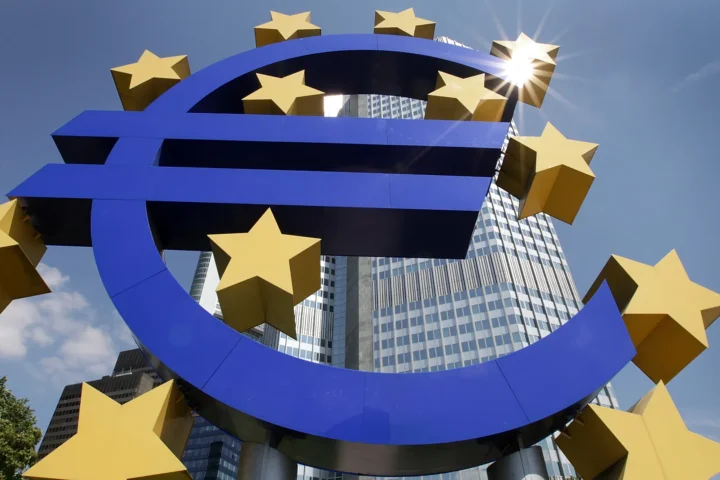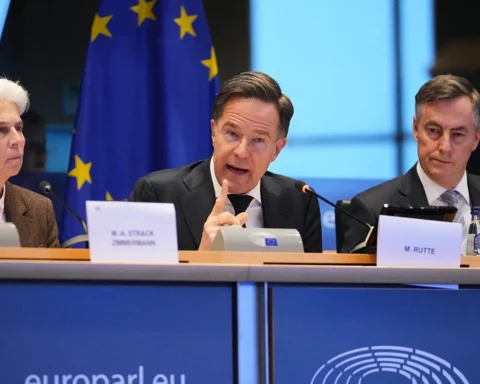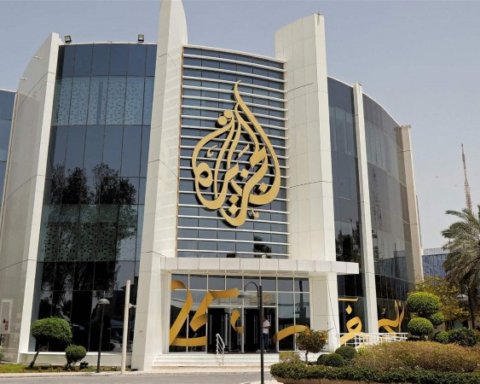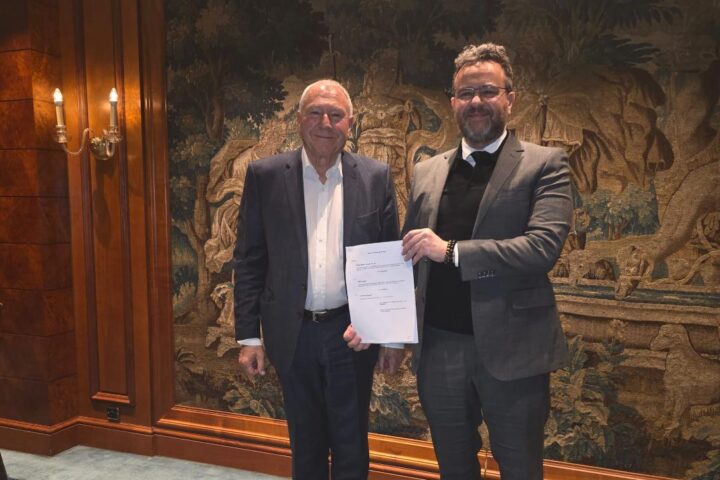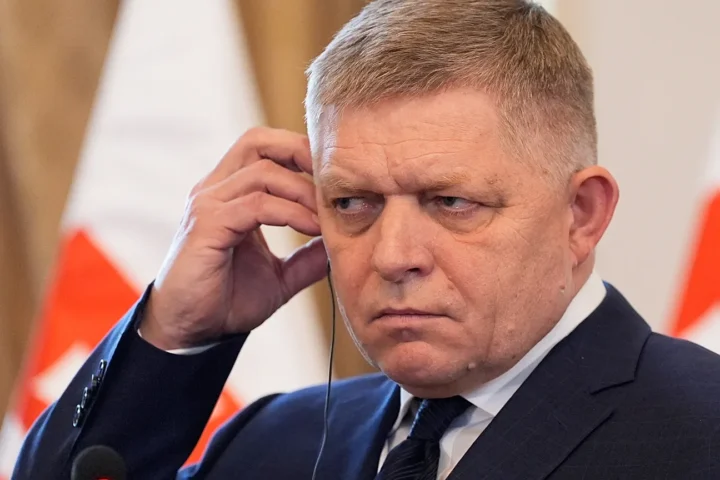As transatlantic trade discussions intensify, European officials are increasingly aligning around the idea that a “bare-bones” trade agreement may represent the most realistic and politically feasible outcome in negotiations with the United States, according to senior diplomatic and trade sources familiar with the matter.
Amid rising geopolitical complexity, protectionist sentiment in the U.S., and regulatory divergence across sectors, the European Union appears to be prioritizing a limited-scope deal that preserves core market access while avoiding contentious areas such as agriculture and digital services, where common ground remains elusive.
Why a Narrow Deal is Gaining Support
Multiple European negotiators have emphasized the need for pragmatism over ambition, particularly in the run-up to the U.S. presidential election cycle, where trade liberalization is unlikely to be a central political focus. Officials say that pushing for a broad or comprehensive deal at this stage risks collapsing talks altogether.
Instead, both sides are exploring the possibility of a targeted agreement focused on:
- Industrial goods tariff reductions
- Raw materials and green technology components
- Mutual recognition of regulatory standards in selected sectors
- Supply chain resilience and energy security cooperation
This limited approach would allow for measurable economic gains without igniting politically sensitive debates in Washington or Brussels.
Trade Climate Shaped by Strategic Priorities
The backdrop of negotiations is defined by evolving strategic interests on both sides of the Atlantic. The U.S. remains focused on reshoring critical industries, managing competition with China, and advancing domestic industrial policy through legislation such as the Inflation Reduction Act. Europe, in turn, is working to maintain competitiveness while reinforcing strategic autonomy in energy and technology.
“Both sides recognize the value of cooperation, but neither is prepared to make sweeping concessions in today’s geopolitical climate,” said a European Commission official involved in the talks.
Business Community Response
European and American multinationals are cautiously optimistic about the potential for a narrow deal that would eliminate specific tariffs or streamline cross-border compliance procedures. Business leaders have urged negotiators to avoid politicizing areas such as digital taxes and agriculture, which have historically derailed trade talks.
A streamlined agreement, particularly one that boosts green energy technology trade, could help both economies accelerate their transitions while reinforcing supply chain stability.
What Happens Next
The European Commission is expected to finalize its trade proposal framework in the coming weeks and present it formally to the U.S. Trade Representative’s office by late summer. While timelines remain fluid, diplomats hope to announce progress—if not a finalized framework—by the end of 2025.
Both sides have also acknowledged the utility of using existing trade cooperation platforms such as the Trade and Technology Council (TTC) to build momentum and resolve technical barriers outside of formal negotiations.
Conclusion
With little appetite for a sweeping trade overhaul, Europe appears to be betting on a focused, minimalistic deal as the most achievable and politically sustainable outcome in its negotiations with the United States. While limited in scope, such an agreement could lay the groundwork for deeper cooperation in the future, anchored in mutual economic and strategic interests.



